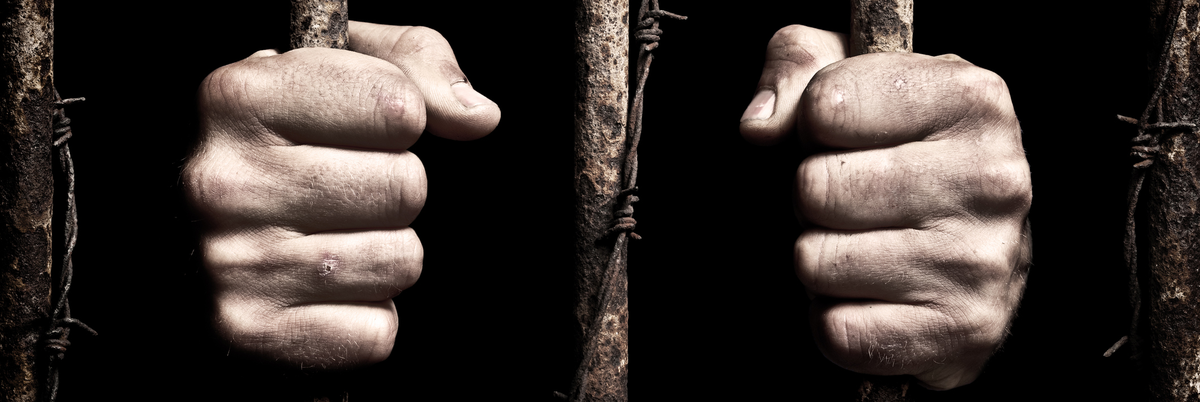This week, the United States will execute its first death row inmates in nearly two decades, when three men who were individually convicted of crimes against children and the elderly are put to death. The United States remains the only Western country that still uses capital punishment — and it carries strong support: About two-thirds of Americans (65%) support the death penalty “for the most serious crimes,” according to a YouGov Poll of more than 43,000 Americans. Just 28 percent are opposed.
Two-thirds of Americans (66%) who think prisons should focus on rehabilitation over punishment oppose the death penalty, but most others support it. Three-quarters of Americans who say prisons should focus on rehabilitation and punishment equally support the death penalty, and about nine in 10 Americans who believe prisons should focus primarily on punishment are in favor of it.
On Tuesday, 1,000 faith leaders signed an open letter to the Trump administration asking it to stop the scheduled federal executions. “As our country grapples with the COVID 19 pandemic, an economic crisis, and systemic racism in the criminal legal system, we should be focused on protecting and preserving life, not carrying out executions,” the joint statement says.
Despite this, most religious Americans support the death penalty for serious crimes. Mormons (75%), Protestants (74%), Roman Catholics (71%), and Eastern or Greek Orthodox Americans (64%) all express support for capital punishment. A majority of Atheists oppose (58%) the death penalty as a punishment for the most serious crimes.
Ideological conservatives (84%) and moderates (69%) are particularly likely to support the death penalty, while liberals are split on the issue (46% support and 48% oppose). Most Americans who identify as very liberal are opposed (62%) to capital punishment.
Methodology: Total weighted sample size was 43,170 US Adults aged 18+. Panelists were asked, “Do you support or oppose the death penalty for the most serious crimes?” Response options: Strongly support, somewhat support, somewhat oppose, strongly oppose, don’t know. Responses were collected between July 2019 and July 2020. The responding sample is weighted to provide a representative sample of the United States.
In this survey, there were 4,404 Americans who think prisons should focus mostly on rehabilitation, 7,417 Americans who think prisons should focus more on rehabilitation than punishment, and 10371 Americans who think prisons should focus on both, equally. There were 3,925 Americans who think prisons should focus more on punishment than rehabilitation, and 2,434 Americans who think prisons should focus on mostly punishment. There were 15,206 Protestants, 7,861 Roman Catholics, 592 Mormons, 242 Eastern or Greek Orthodox individuals, 1,547 Jewish individuals, 164 Muslims, 351 Buddhists, 3400 Atheists, and 3035 Agnostic individuals. There were 5480 individuals who identify as very liberal, 7624 individuals who identify as liberal, 12724 who identify as moderate, 9025 who identify as conservative, and 6295 who identify as very conservative.
Image: Getty













